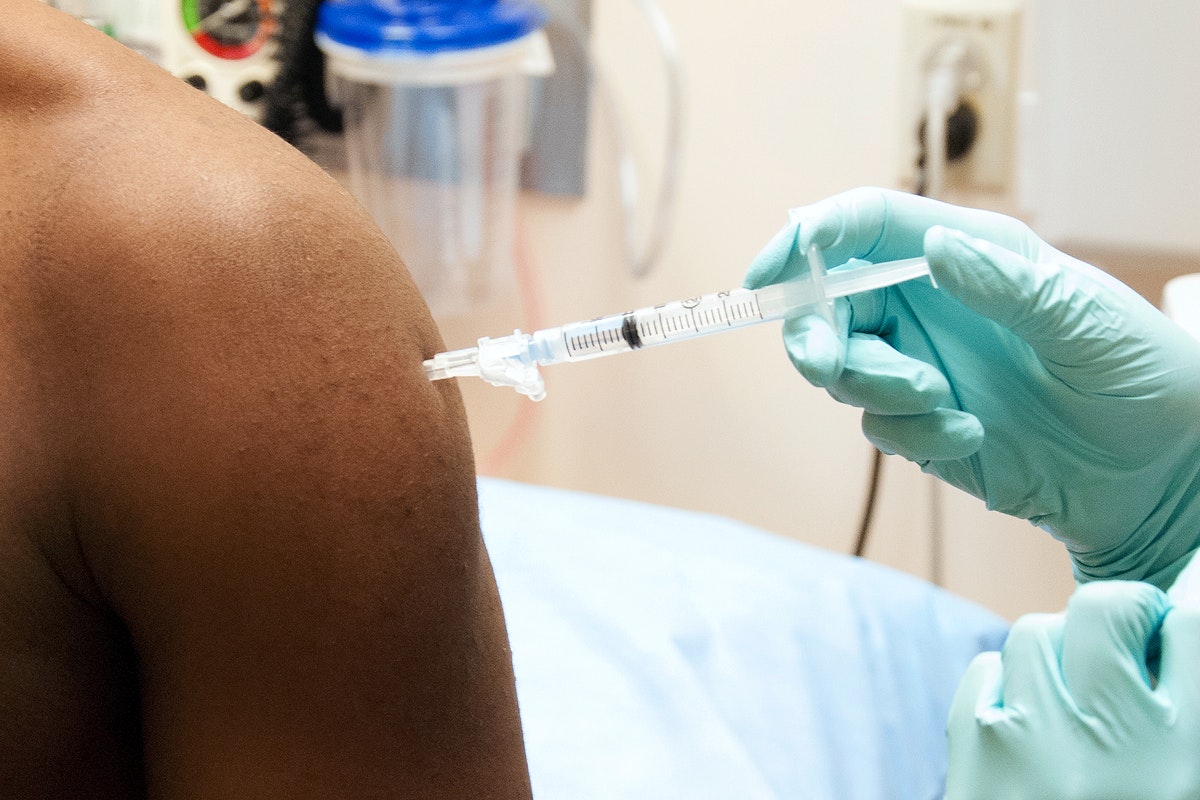We’re publishing an original piece today by a scientist who has been involved in university teaching and research in biology and scientific enquiry for 35 years. It’s about the Yellow Card reporting system the vaccine regulator has put in place to document the adverse effects of the Covid vaccines and the author is sceptical, to put it mildly. Here’s an extract:
As a means of providing data to establish a causal relationship between vaccination and an adverse event, the Yellow Card scheme is fundamentally flawed. It does not yield data from a control group against which to compare the vaccinated group. In this situation all that can be established is a temporal association between vaccination and an adverse event and there is no means of establishing causation. Using this approach, it can always be argued that any association that is found is merely a coincidence. The Yellow Card scheme, because it is not founded on fundamental principles of good experimental design, is therefore not fit for the purpose of increasing our understanding of either the beneficial or the adverse effects of COVID-19 vaccines. It is not providing the protection from the possible harmful effects of COVID-19 vaccination that the UK public deserves.
Aside from this fundamental flaw, the Yellow Card scheme does not even generate a reliable summary of suspected adverse events that follow after vaccination. The reason for this is that it relies on a voluntary app-based reporting system which places the onus either on medically unqualified patients, carers and parents, or on qualified but more distantly connected medical staff to make a connection between vaccination and an adverse health event, and thereafter to file a report on this suspected connection. It takes little critical scrutiny to realise that a system based on these principles will be subject to huge underreporting either by individuals who are not medically trained to make such connections, or by medically trained staff who lack a close temporal connection with vaccinated individuals. A simple illustration of this fact is that in the Phase 2 COVID-19 vaccine trials, where individuals were comprehensively monitored for adverse events, the reported rates for symptoms such as headaches and fatigue were of the order of 30% – 50%, whereas under the Yellow Card scheme they were of the order of 0.3% – 0.5%. Only 1% of these events are being reported by the Yellow Card scheme. Not only is there huge underreporting, but we also anticipate considerable bias in a voluntary reporting scheme; those who believe that vaccines may do harm will be motivated to make a report, while those who are predisposed to dismiss a connection between vaccination and harm will not take the trouble.
Worth reading in full.












To join in with the discussion please make a donation to The Daily Sceptic.
Profanity and abuse will be removed and may lead to a permanent ban.